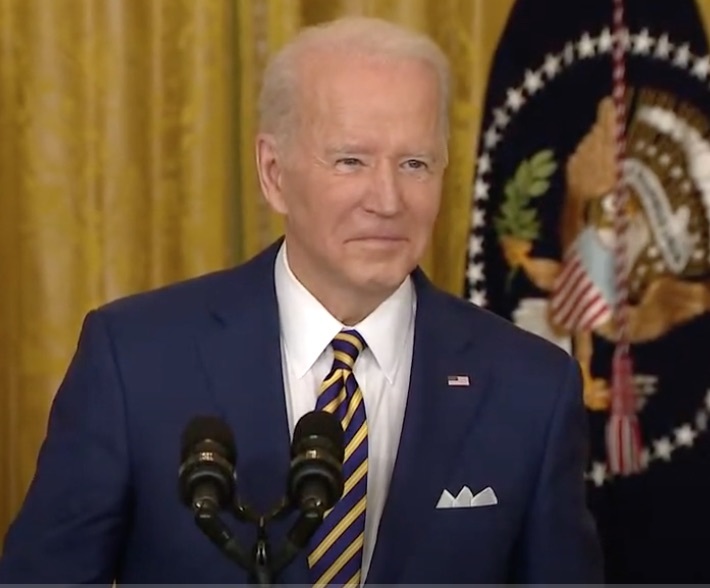As reported in the Carolina Journal, several cities are challenging the new annexation law in court.
The first issue that the court must address is whether the protest petition process is a vote. The DOJ has already rejected the argument that it is a vote under the Voting Rights Act. It also wouldn’t be a vote under the state or federal constitutions.
The presumption under the annexation law is that a city-initiated annexation will go through unless property owners representing 60 percent of the property in the affected area protest the annexation. There’s no decision or choice for affected property owners in the petition process (which is central to the definition of votes, referenda, etc). The petition process only allows an expression of opposition, not an expression of support.
It isn’t a vote, and the League itself has said, it is a veto. That isn’t a bad description. You can see more legal analysis (PDF) here in my comments to the DOJ.
If we went by the logic of the cities, then all voluntary annexations would also be problematic. A voluntary annexation is a process whereby property owners in affected areas petition to become part of a city. These annexations would need to be precleared (i.e. pre-approved) by DOJ as well because they too would be a “vote.”
I recognize that voluntary annexations already are pre-approved by DOJ, but that’s only after the annexation has been approved by the city and there’s going to be a change in boundaries, population, etc. The pre-approval isn’t based on the petition process itself.
As I wrote before, cities may want to be careful of what they are asking for because they just may get it. This includes angering the legislature.


